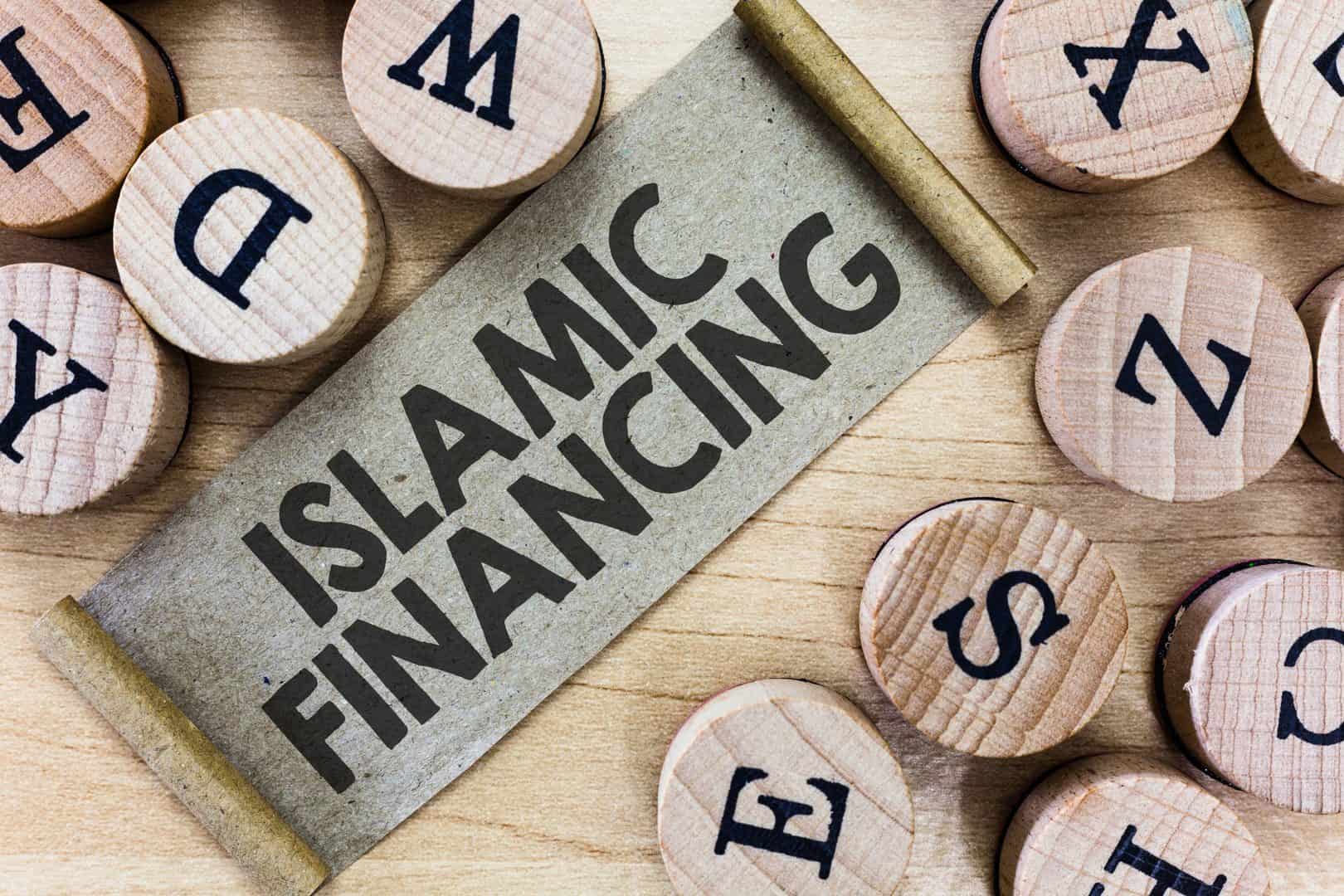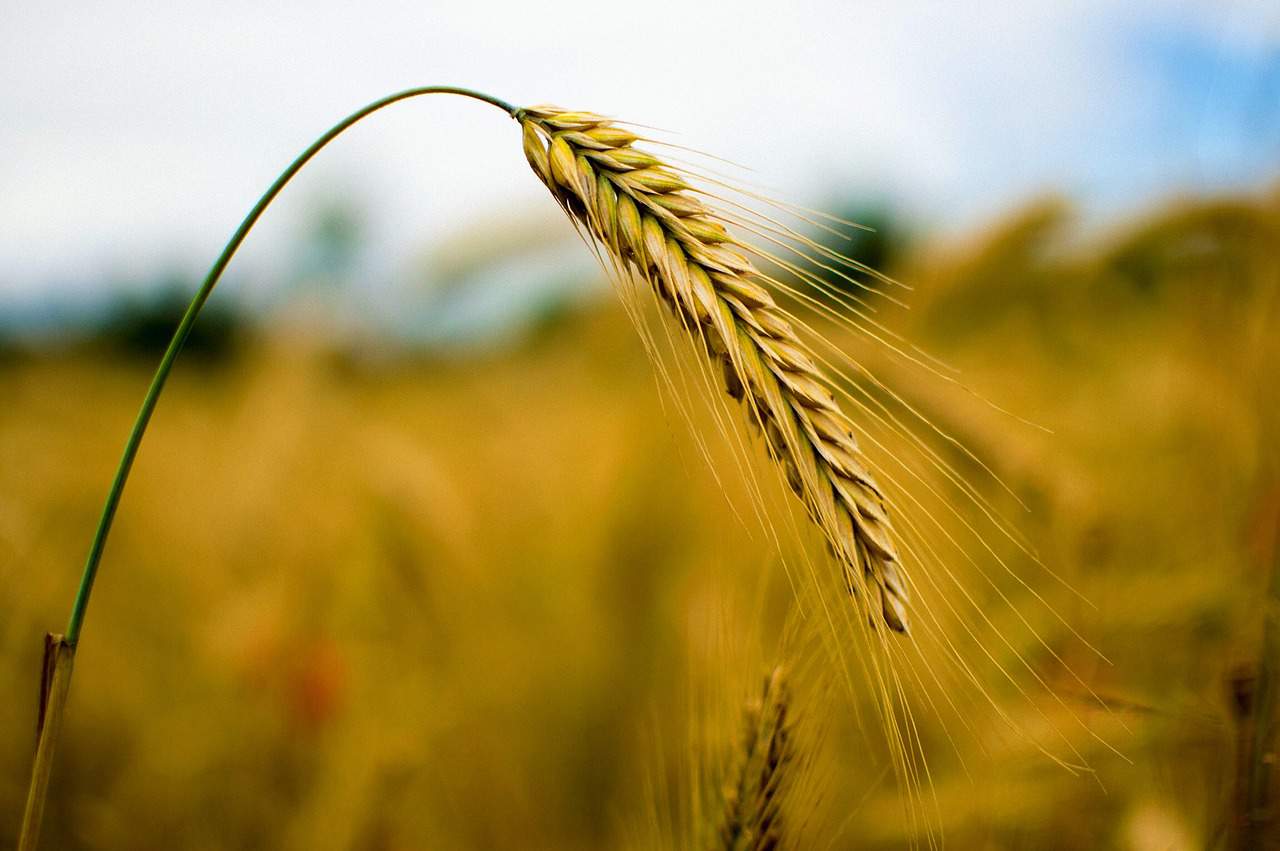
WAKALAH
Wakalah arrangements are used for Shariah-compliant letters of credit. Under these arrangements, the bank works as an agent for a client, such as a purchaser or supplier of goods. Unlike a conventional agency contract, where interest is paid, in a wakalah arrangement the client pays the banks fees and commissions. In this case the LC will be in customers name, but the full responsibility will be for the bank. The customer will show an applicant and has full right to negotiate with supplier directly. Bill of landing will be in the name of bank, but invoice and other documents can be in customer's name.

MURABAHAH
This is the most common product in Shariah compliant trade finance. With murabahah products, buyers ask banks to import certain goods. The banks do this and then sells the goods to the buyers for a profit. In murabahah contracts, the bank typically uses its own capital to finance the letter of credit for such financing arrangements. In murabahah working capital products, firms are provided with working capital on a similar costplus-profit basis.

MUSHARAKAH
Bank This facility is more suitable for the large buyer who wants investment in their infrastructure, machinery and land. In a mudaraba contract, one party is a financier (silent partner), and the other party (working partner) provides labor and entrepreneurship. But in a musharaka contract, all participants are working partners.

BAI’ DAYN
Bai`dayn refers to a contract of debt trading created from Shariah compliant business activities. In the context of Islamic finance, bai` dayn is a method of sale of debt created under exchange contracts such as murabahah, ijarah, istisna and others. Being a contract of sale, there must be all the elements or pillars of a sales contract such as legitimacy of contracting parties and offer and acceptance. Between the contracting parties there must be a subject matter of sale, a price, and delivery of the asset. The asset in this case, however, is a financial asset or a debt.

TAWARRUQ
Tawarruq is a financial instrument in which a buyer purchases a commodity from a seller on a deferred payment basis, and the buyer sells the same commodity to a third party on a spot payment basis (meaning that payment is made on the spot). The buyer basically borrows the cash needed to make the initial purchase. Later, when he secures the cash from the second transaction, the buyer pays the original seller the installment or lump sum payment he owes (which is cost plus markup, or murabaha).

SALAM
It’s a forward contract where bank pays for the asset or commodity which is still not produced; the clients agree to return on an agreed date with already specified quality and quantity of goods. This mode is more suitable for farmers and export traders where the asset is still not produced. Salam can be paid back in installments or as per agreed terms of the contract. Through Parallel Salam manufactured goods can be used for export purposes which can be sold to the third party.

IJARAH
In the traditional Ijarah agreement, the customer doesn’t have the finances to acquire as an asset, he can approach the bank to acquire as asset and pay the rental as per agreed terms of the contract. But, in Ijara-wa-Iqtina, the customer can get ownership of the asset at end of lease period. This mode of financing will result in two benefits: one, the customer can use the asset during the lease period. Secondly, ownership will be transferred at the end of the lease agreement. Small, medium and large-scale businesses can benefit from lease assets without having to buy it.The facility is also suitable for those business owners who can’t buy expensive equipment, and whose resale value is poor, for example, information technology machinery. It is one of the most simple and transparent financial instruments because the client has the promise from the bank that the asset will be gifted at the end of the lease period.

KAFALAH
A financial liability or obligation of the guaranteed party that is already established or that will be established in the future. it is a Performance of a certain act by the guaranteed party and Fulfillment of an obligation by the guaranteed party. Party A purchase goods form Party B on credit basis. While issuing goods on credit, Party B asks for payment guarantee from guarantor. Here guarantor can be a bank or any legit party, who will provide payment assurance to the party B, in case, default of payment from the party A. It can be used by the importer in the bank guarantee, letter of credit and shipping guarantees. Kalafh can be used in other Islamic contracts like Mushrakha, Murabaha, Salam and Ijaraha. It provides payment protection to both importer and exporter.

COMMODITY MURABAHA
It is a product designed to facilitate cash advances to a customer who need cash to pay for various needs. In this transaction banks sell the customer commodities on deferred payment basis. Subsequently the customer sells these commodities on spot basis to receive cash. Here the customer is not interested in utilizing the purchased assets or benefiting from it as a commodity rather he approaches it to facilitate the achievement of liquidity. In the above structure a very well-known transaction of tawarruq is given name of commodity Murabaha. Technically tawarruq involved a series of sale contract whereby a buyer buys an asset from the seller for deferred payment and subsequently sells the asset to a third party for cash at price less than the deferred price with the aim to receive cash.

